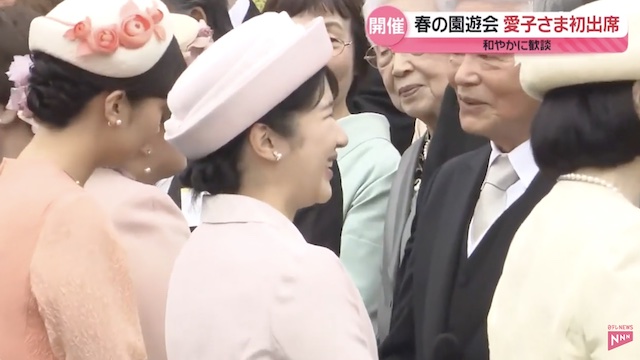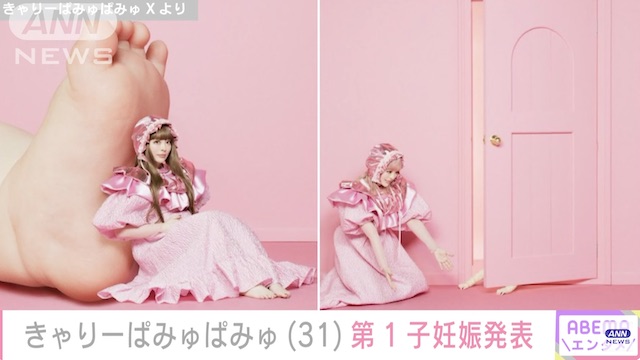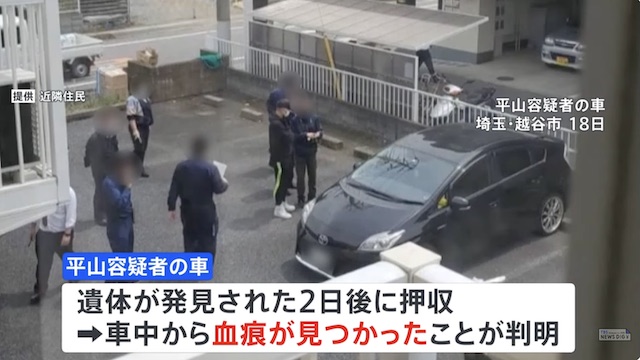Mar 27 (soranews24.com) - Over the last several months, there’s been an increasing sentiment in Japan that it’s time for schools to take another look at their student conduct rules, and ask if they’re all really contributing to a better learning environment. One of the most controversial policies: schools that say students must wear white underwear.
The major point of contention isn’t so much even whether or not kids should be allowed to wear other colors of underwear. The problem is that, since schools naturally want to make sure their rules are being followed, a white underwear-only dress code results in teachers looking at students’ underwear, either by having a teacher/administrator pull girls’ bra straps up through their collar to check the color or visually scanning students’ underwear choices while they’re changing for P.E. class.
In response to growing concerns that such school rules, and others as well, may constitute a violation not just of students’ privacy but also their human rights, Saga Prefecture’s board of education carried out a study of questionable regulations at 51 prefecturally administered middle and high schools, finding that 14 of them had a white-underwear requirement. In a meeting held this week, though, the board announced that all 14 schools have now abolished the rule, meaning no more underwear color checks starting with the 2021 school year, which is set to begin in the coming weeks.
Also abolished were the designations of different uniforms for male and female students at the 35 schools where such specifications were in place, likely in response to evolving attitudes regarding gender identity. In addition, the three schools that required students to submit documentation that their non-black or curly hair is natural have done away with the need for such certification, and will apparently be taking such students at their word that they have not dyed or permed their hair (both of which are generally against school rules in Japan).
Additional freedoms were granted to students at two schools who were previously barred from using lap blankets (Japanese classrooms are often unheated, even in winter) and two schools where kids were not allowed to attach character straps to their school bags. 13 of 38 schools which had rules regulating students’ sock and sweater color have also decided that students can make such choices themselves from now on without fear that it will bring a halt to their academic development.









